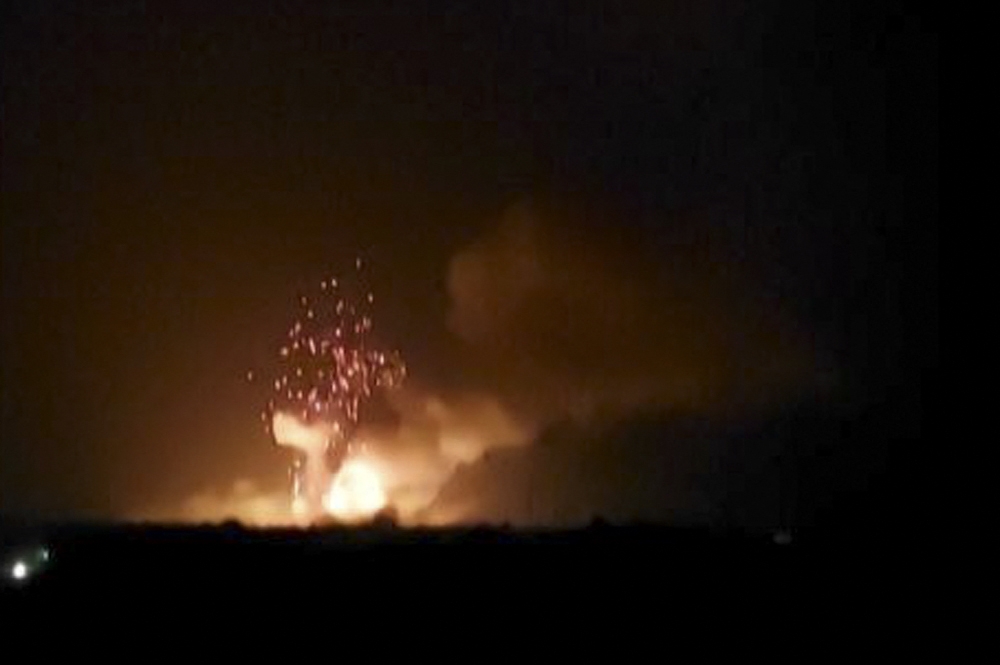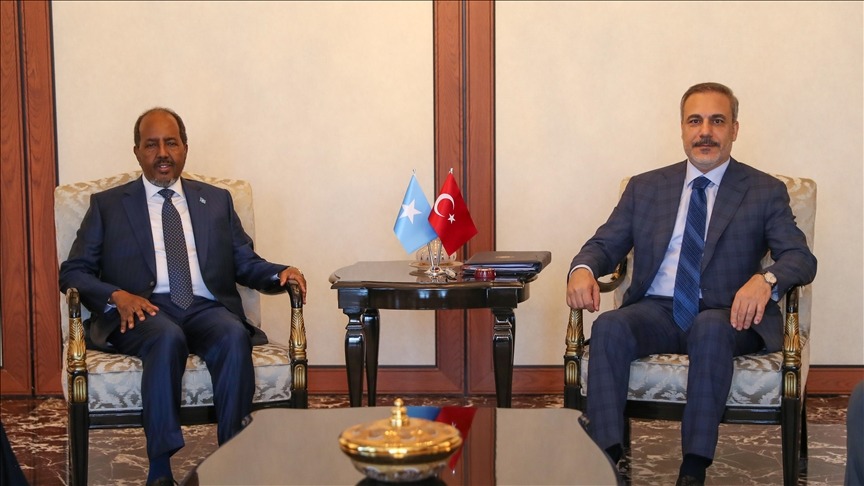Oil exporters are gradually catching up to their pre-pandemic output levels, while the gap for oil importers is expected to remain wide.
Qatar’s economy is projected to experience an expansion this year while attaining the position of being the fastest growing economy in the Gulf Cooperation Council (GCC) in the years 2023 and 2024, according to the World Bank.
The country’s real Gross Domestic Product (GDP) is expected to increase by 4.9% this year, followed by a 4.5% growth in 2023 and 4.4% rise in year 2024 respectively, the World Bank’s latest Global Economic Prospects report for June revealed.
Qatar’s GDP growth is due to its boosted hydrocarbon exports of 10% as well as its multi-billion plan North Field expansion project, which is the largest of its kind seeking to boost Qatar’s annual liquified natural gas production capacity from 77 million metric tonnes to 126 million tonnes by the year 2027.
The World Bank reported Qatar’s 2022 GDP growth of 4.9% against a backdrop of slow global GDP increase of 2.9%.
On a GCC level, Qatar’s economy will witness the fastest acceleration in the years 2023 and 2024.
In 2023, the World Bank reported a GDP increase of 4.9% for Qatar, with Saudi Arabia experiencing a 3.8% increase, Kuwait undergoing a 3.6% increase, Oman with a 2.8% surge, the United Arab Emirates facing a 3.4% growth, and Bahrain witnessing a 3.1% increase.
In 2024, Qatar’s GDP is to experience 4.4% increase, Saudi Arabia to undergo a 3.0% growth, Kuwait to face a 2.5% increase, Oman’s GDP to surge by 2.6%, the United Arab Emirates’ to grow by 3.6%, and Bahrain to witness its forecasted 2023 GDP growth standing at a 3.1% growth.
The output in the Middle East and North Africa (MENA) region is expected to enlarge by 5.3% in 2022, which is 0.9% more than the previous January forecast, partially due to higher oil prices which in turn bears rising oil revenues, as well as improved prospects among the GCC economies.
This would be the region’s fastest growth in a decade.
The rebound however could have experienced more robustness had it not been for the “detrimental” impact of Moscow’s invasion of Ukraine on global oil importers.
The global energy insecurity and higher commodity prices due to the Covid-19 pandemic-induced slow down, followed by the Russian invasion of Ukraine, played a major role in decelerating global growth. However, the impact on the region is divergent.
The report noted economic activity in the MENA area has remained strong despite a partial effect from Omicron outbreaks and the net losses to international oil importers due to the invasion of Kyiv. Oil exporters are benefiting from increasing oil revenues and recovering non-oil sectors.
The unforeseen economic ramifications unravelled by the Russian-Ukrainian War onto the world has particularly had a ‘positive’ effect on Qatar’s economy.
“The effects of the war in Ukraine on the commodity markets and of its associated economic sanctions are positive, on balance, for Qatar’s economy, the largest exporter of Liquid Natural Gas in the world,” the World Bank’s GCC Economic Update report stated.
The report added that activity in the MENA is expected to gradually slow through the year 2024, with growth in the region returning to 3.2%, as services activity (activities carried out that are necessary to the production and/or delivery of specific products and/or services) stabilise and policy support is withdrawn.

















Leave a Reply